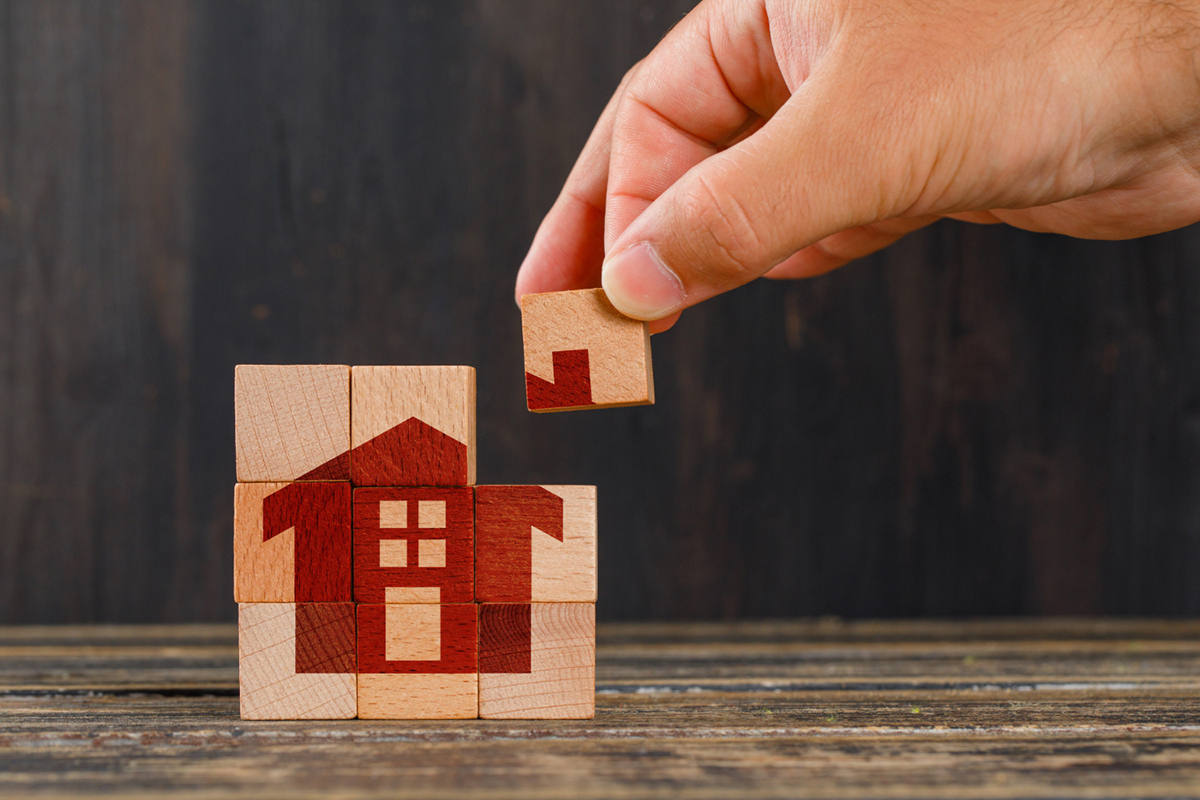 (888) 979-7969
(888) 979-7969
 (888) 979-7969
(888) 979-7969

Home insurance coverage can be a lifesaver when unexpected disasters strike, ranging from natural calamities, burglary, fire outbreaks, or accidental damage. Nobody wants the inconvenience of dealing with financial loss, property damage, or personal liability claims. However, navigating through insurance policies, coverage, premium rates, and claims procedures can be overwhelming. Perhaps, the root of the confusion is the various myths and misconceptions about home insurance that continue to circulate. This blog post aims to shed some light on the most commonly-held myths about home insurance coverage to help homeowners understand their policies better.
One of the most popular misconceptions about home insurance coverage is that it is expensive. While the premium rates vary significantly depending on several factors, such as geographic location, property value, and coverage needs, home insurance policies can be affordable. Additionally, insurance providers often offer discounts to homeowners who bundle their home and auto insurance policies or install smoke detectors, burglary alarms, and fire-retardant materials.
Another myth about home insurance is that it covers all types of natural disasters, including earthquakes, floods, and hurricanes. In reality, most standard home insurance policies only cover losses resulting from some specific disasters, depending on the policy's terms and coverage limits. For instance, if your home is in a high-risk flood zone, you may need to purchase additional flood insurance to protect your property from water damage.
A common misconception about home insurance is that all personal belongings are insured for their full value. This is not always the case, as most policies set limits on the amount of coverage for specific items, such as expensive jewelry, electronics, or artwork. For instance, if you own a high-end watch that worth $15,000, your policy may cover only a fraction of the cost, possibly $5,000 or $7,500. To ensure that your valuables are adequately covered, you may need to add a rider or endorsement to your policy.
Running a business from home may require additional insurance coverage, and most standard home insurance policies may not provide coverage for business liabilities or equipment. While some policies may provide limited coverage, such as liability for customer injuries, the coverage may not extend to products liability, inventory damage, or loss of income. Therefore, it is essential to consider purchasing a separate business insurance policy.
The fear of increased premium rates often discourages homeowners from filing claims when disasters occur. However, submitting one or two claims may not necessarily lead to a significant increase in your premium rates. Insurance providers consider several factors when determining premium rates, such as the frequency and severity of claims, credit score, and geographic location. Filing a claim is not a guarantee that your premium rates will increase; it is advisable to consult with a public claims adjuster to understand your policy better and weigh the pros and cons of filing a claim.
Home insurance coverage is a crucial tool for protecting your property, finances, and wellbeing. However, understanding your policy, coverage limits, and claims procedures is vital in making an informed decision about your insurance needs. By demystifying common myths related to home insurance coverage, we hope that homeowners can learn more about their policies' strengths and limitations and make the right choices for their homes. Always remember that working with a reputable and experienced insurance provider or public claims adjuster can provide you with the much-needed support and guidance throughout the claims process. Contact Ultra Property Damage today to learn more about how we can help you navigate the complex world of home insurance and get the coverage you need.